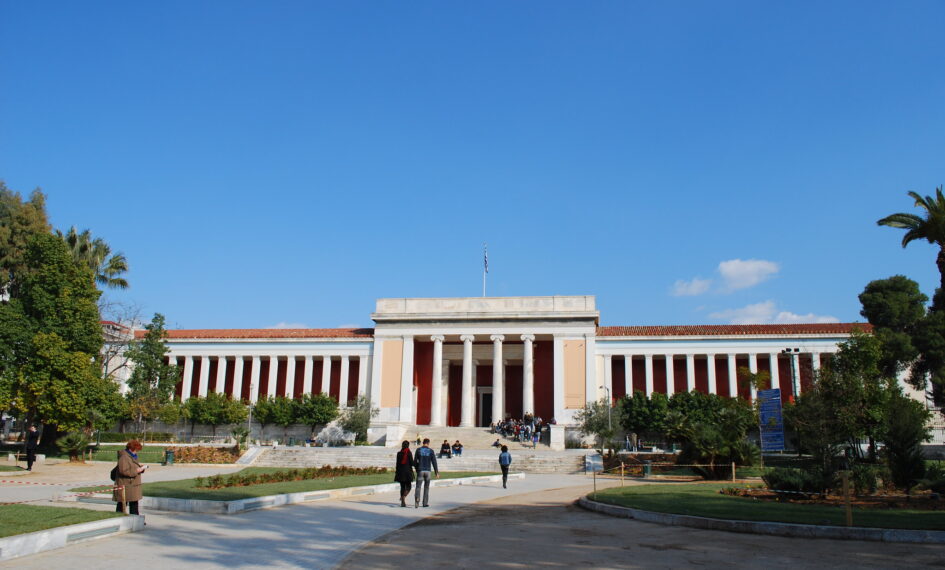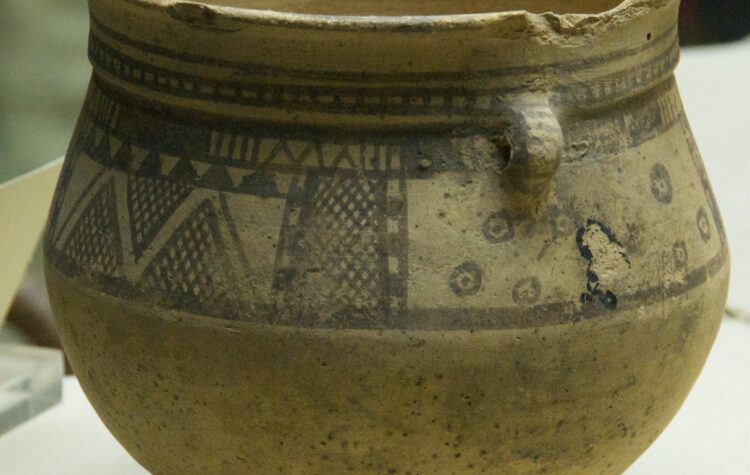The term “museum” refers to a place where objects of historical, scientific, artistic, or cultural interest are preserved and displayed. Here’s an overview of its definition, etymology, and origin:
- Definition: A museum is an institution that collects, preserves, and exhibits objects of artistic, cultural, historical, or scientific importance. Museums serve as places for research, education, and enjoyment, offering public access to their collections for viewing and learning.
- Etymology and Origin:
- The word “museum” originates from the Latin “museum,” which comes from the Greek “mouseion,” meaning “place of the Muses.” In ancient Greece, the Muses were the nine goddesses of the arts and sciences, and a mouseion was a temple or place dedicated to them, often used for learning and philosophy.
- The concept of a museum as a collection of significant objects for public display developed much later. The idea of a museum in its modern sense began to take shape during the Renaissance in Europe, with the establishment of collections of art and artifacts.
- One of the earliest known museums in this sense was the Ashmolean Museum in Oxford, opened in 1683, which combined the collection of natural specimens, archaeological items, and art.



